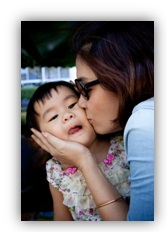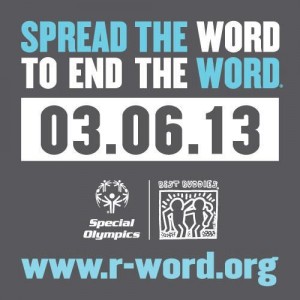Tamara Wood is a proud mother of two amazing boys. After searching for a solution for her son Alex, who is affected by Autism, Tamara found the AngelSense solution for her family. It gave her a great deal of peace of mind, and her enthusiasm for the company only increased – she joined the AngelSense team as a customer care specialist.
 I am the mother to two wonderful little boys, one who has autism and one who is “normal” (whatever that is!). There are many things we didn’t know before we became parents, and even less when you hear a word like “autism.” There are somethings I wish I had known before my son was born, and I wish I could share them with every parent out there.
I am the mother to two wonderful little boys, one who has autism and one who is “normal” (whatever that is!). There are many things we didn’t know before we became parents, and even less when you hear a word like “autism.” There are somethings I wish I had known before my son was born, and I wish I could share them with every parent out there.
Insurance
Before autism, the most I cared to know – or needed to know – about insurance was copay, deductible, out-of-pocket, yada, yada, yada… I wish I had known all of the loopholes and red tape that can make your head spin concerning HPCPS and ICD-9 codes and all of those neat little “tricks” that you should really do to make your life easier. Like keeping track of who I spoke to and that gosh darnit they did say that! – this is more than just a good idea, it is crucial people! Or how a medical/insurance journal with a history of therapies, doctors, important health info, and bills is beyond just being organized; it is a savior of brain cells at those times when my brain hurts on marathon phone call days.
Acronyms
I wish I had known that I was going to be learning another language for school/therapy. ARD, AU, IEP, BIP, AT, ESY, LRE, OT, PT, ST, etc., just to name a few. Now these acronyms have been a part of our lives for almost 7 years and just slip off the tongue, but boy, can those ARD meetings be confusing when they are literally speaking a different language.
The AUsomeness of the autism community
I wish I had known going in that I was going to be a part of a very special group of families that are so free with advice, support, resources, and all around laughs to help you through. I can’t express how much of a release it is to talk to others that understand and can find the humor in our daily lives. Swapping public meltdown stories, how talented my son is at finger painting his whole room at 3am (that smell is not funny at 3am), and just being able to relax with others who “get it” is very important.
Romance
I wish I had known that the definition of romance was going to change. Finding an experienced sitter, having money, having time, and honestly just having the energy are just some of the factors. Romance in our house is my husband doing the dishes for me, helping each other clean up the 3am finger painting, being an eternal tag team for when the other has just had too much, and dates that are only retreating to another room to sit and watch TV because we just don’t have the energy to do much else. And finding that this can be enough.
The Box
I wish that I had known that thinking outside of the box was going to actually be the only way of thinking from then on. Our life is the equivalent of having a beautiful boy with the curiosity and development of a toddler and the physical ability of a 10 year old – for the past 8 years. This makes thinking about safety (and sanity) a very big part of our lives. Going out to eat, planning a date, going to the store, holidays, and even just rearranging the furniture require quite a bit of resourcefulness and thinking outside the box.
It has been a rough road at times, but I can’t imagine our lives any differently and I wouldn’t trade our kids for anything – we love them just the way they are. The autism community has brought me something else – recently, I have been blessed to be able to work from home in order to take care of him. And I am doubly blessed to be able to work for AngelSense, a company that helps us keep him safe by knowing where he is at all times and being able to listen to him throughout his day.
Founded by parents of special needs children, and employing other special needs’ parents, AngelSense provides so much peace of mind in so many ways. With the Guardian GPS device I can monitor my son through out his day, when he is out of our sight. I can check on him from my smartphone or the computer, and make sure he’s where I want him to be! Working for a company that understands me and my family has been just another example of the wonderful way we all support each other. I know so much now and hope that sharing my experience helps someone who might feel alone today.
Visit AngelSense at: https://www.angelsense.com.














